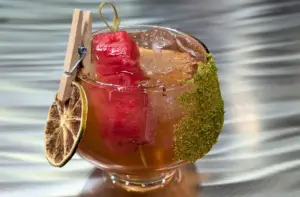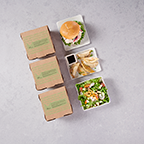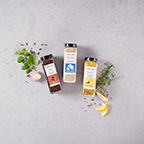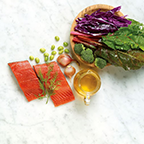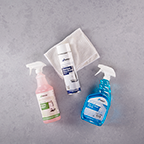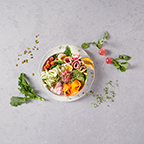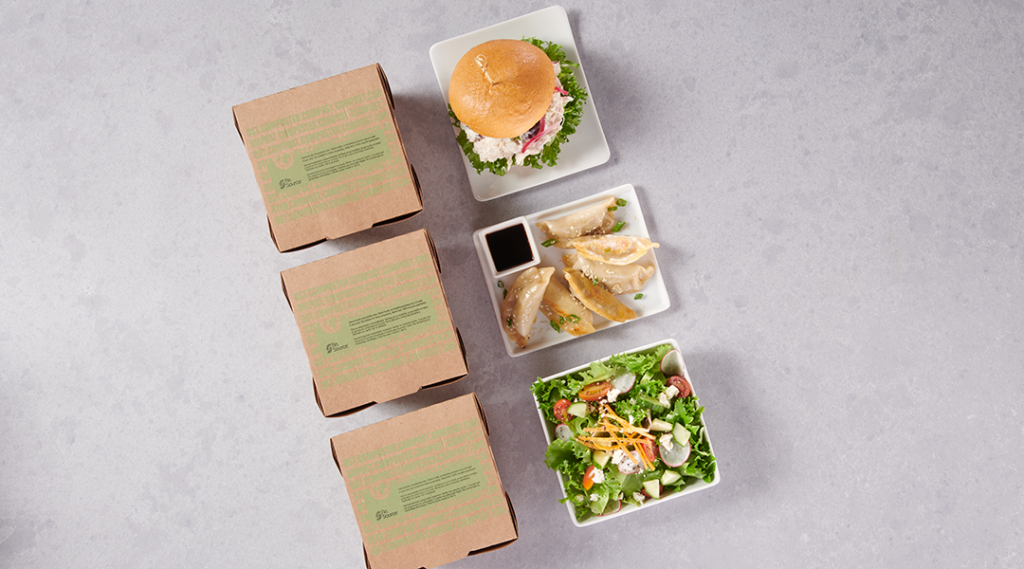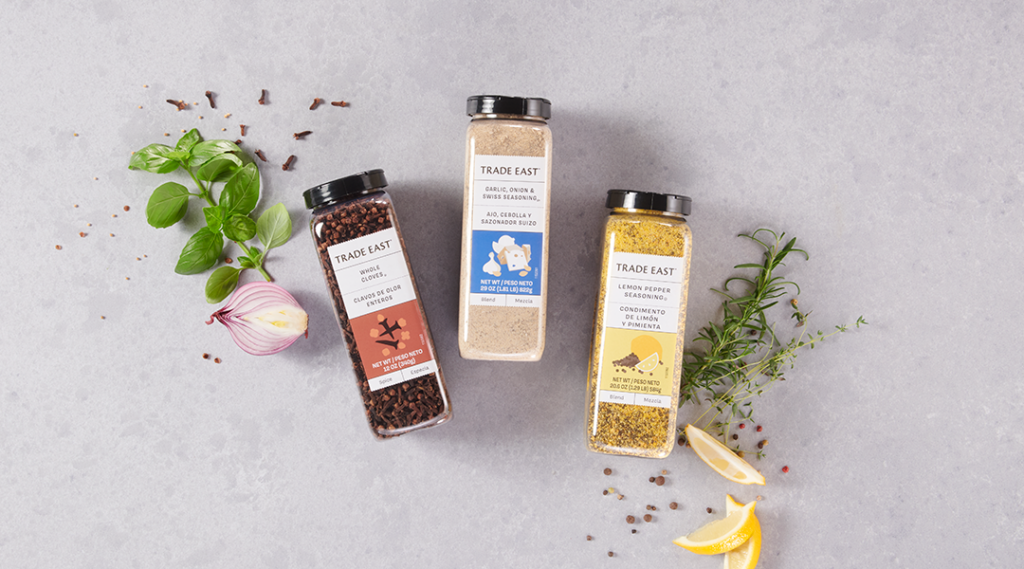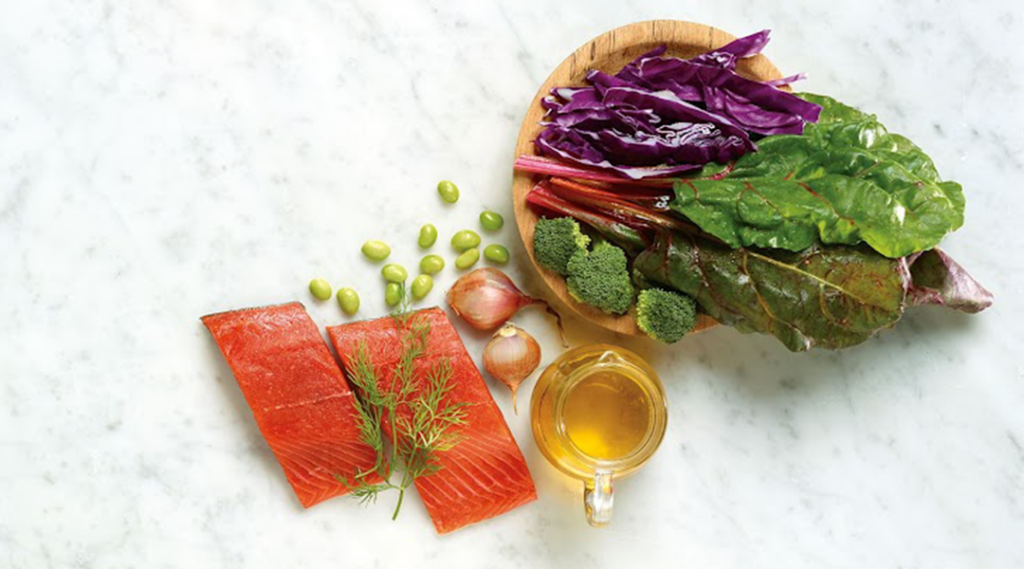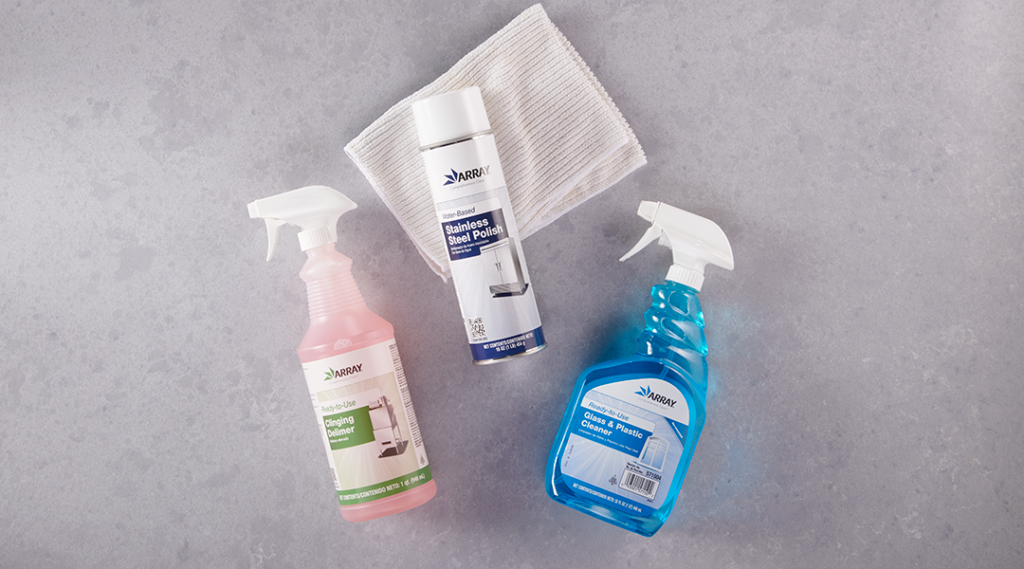Have you ever purchased packaged food and been confused why some items have a “Best Before” date and others have an “Expiration” date? Don’t worry, you’re not alone. Consumers are often unsure how to interpret these dates on food packages and generally assume both dates mean product expiration. But the two labels actually mean different things.
Difference in Date Codes
The “Best Before” date refers to the quality of an unopened and properly stored food product, not safety. This date tells you how long a product will retain its optimal freshness, taste and potential shelf-life. According to Health Canada, a “Best Before” date along with proper storage instructions must be included on the package of foods that will keep fresh for 90 days or less. Foods with a shelf life greater than 90 days do not need “Best Before” dates. However, you will see a “Best Before” date on most foods even though they are not required to do so. It is important to keep in mind once you open a food package, the “Best Before” date no longer applies. An open package is exposed to environmental conditions, and can easily become cross-contaminated.
Expiration Dates
The expiration date tells you the last day the product will retain its optimal nutritional value. In Canada, there are five types of products that must have an expiration date on its packaging. These include:
- infant formula
- nutritional supplements
- meal replacements
- foods sold specifically for very low-energy diets
- formulated liquid diets
Keep these tips in mind when reading “Best Before” and “Expiration” dates:
- If food you have purchased develops an off odour, flavour or appearance due to spoilage – you should not use it for quality reasons.
- If foods are mishandled (for example, food left out for several hours at a picnic on a hot day), the product could potentially cause foodborne illness before the “Best Before” date.
- Health Canada recommends not to consume a food or product if the expiration date has passed.
- If you are ever unsure of the safety of a food product, it is always safer to dispose of the item. In other words, “when in doubt, throw it out!”

